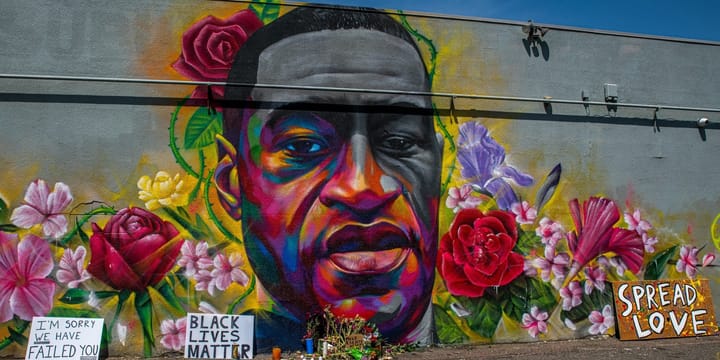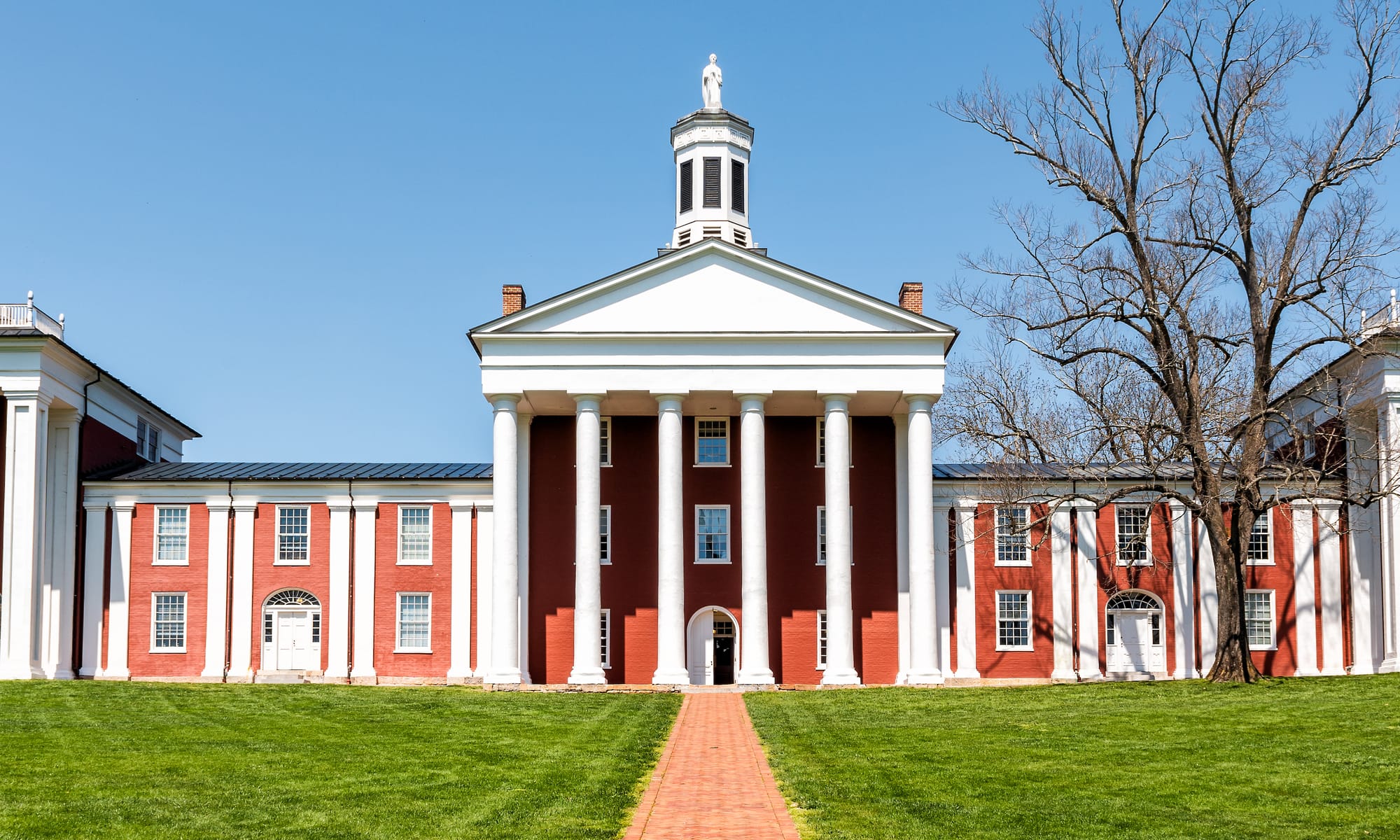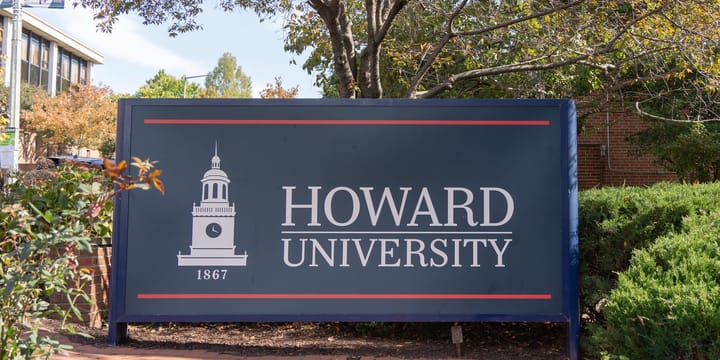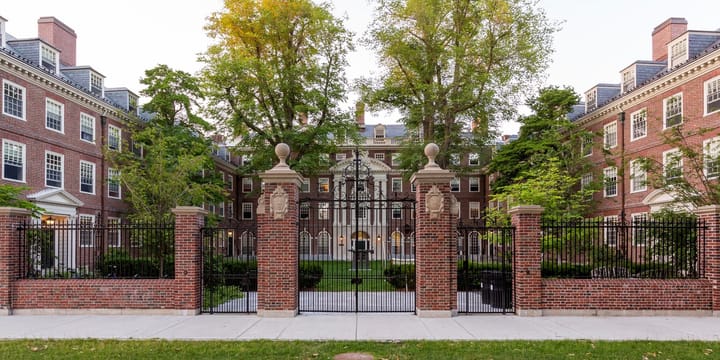This has always been the endgame
We're moving backwards on DEI and fighting racism, and the numbers from a new poll demonstrate this.

A recent poll from the Associated Press includes data that Americans are backing away from believing that racial discrimination is a real problem. It also notes they're turning against DEI programs at an alarming rate. This shouldn't surprise anyone who's been paying attention, and it is deeply troubling.
Let's call it like it is.
There's no sugarcoating the numbers
After George Floyd's 2021 murder sparked nationwide protests and what many called a "racial reckoning," 60% of Americans believed Black people faced significant discrimination. In other words, they recognized the truth of this society at long last. Now however? That number has dropped to just 45%.
Think about that for a second. In just four years, we've gone from a solid majority recognizing the reality of anti-Black discrimination to less than half the country believing it's a serious issue. Belief in discrimination agains Asian Americans also dropped—from 45% to 32%. This drop occurred despite the horrific Atlanta spa shootings targeting Asian women.
This isn't just a shift in opinion. This is America collectively deciding to look the other way.
The DEI backlash is real
Here's where it gets really concerning: about 30% of Americans now think DEI programs actually increase discrimination against white people. Increase. Among white adults, that number jumps to 39%.
But then it getsreally complicated as you drill down. Even Black and Hispanic people now say DEI programs increase discrimination against their own communities. About 40% of Black adults think DEI increases discrimination against Black people.
To be honest, I'm not sure how to explain this. The constant narrative barrage from rightwing media may be the reason. This would certainly be the desired effect.
The lived experience of people in these programs often differs from their goal. As one woman in the poll put it, when you're a Black woman in an engineering program, people assume "you're only here to meet a quota."
The program meant to help thus becomes another burden to carry. But does this reflect poorly on the program itself or society at large. I'd argue the latter.
What's really happening
This is the end game. We're witnessing a coordinated retreat from any serious commitment to racial justice. Companies that embraced diversity after 2020 are now backing away from those commitments. Sometimes quietly and sometimes very publicly.
This isn't happening in a vacuum. The Trump administration isa ctively defunding DEI programs. Sometimes seeing DEI programs where none actually exist.
When political leaders spend their time attacking DEI as "reverse racism" and companies and universities cave to pressure rather than standing by their values, of course public opinion shifts.
Public opinion is just following suit.
The real problem
But the truth of discrimination remains. It didn't magically disappear between 2021 and 2025. Systemic barriers didn't suddenly evaporate. What changed was our willingness to acknowledge and address them.
The skepticism of those within affected communities should tell us something important about how these programs are being talked about, not whether discrimination exists. When help becomes hindrance, we need to push back against the constant negative messaging. We should not to give up entirely.
Where do we go from here?
Easy answers don't exist, and honestly, anyone offering them is probably full of it. Pretending discrimination doesn't exist won't make it go away. Abandoning programs without replacing them with something better isn't progress—it's surrender. Ceding the playing field to right-wing talking points is such a surrender.
We need to have honest conversations about what's working and what isn't. We need to listen to people who say current DEI approaches aren't helping them. We need to fight back against the constant right-wing barrage of bullshit and call it what it is: racism disguised as policy.
And we absolutely cannot let the pendulum swing all the way back to pretending systemic racism is ancient history.
The same structural inequalities that existed in 2020 still exist today. The only thing that's changed is our collective willingness to do something about them.
And we should all worry about that.
Non in cautus futuri.



